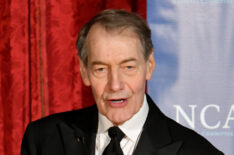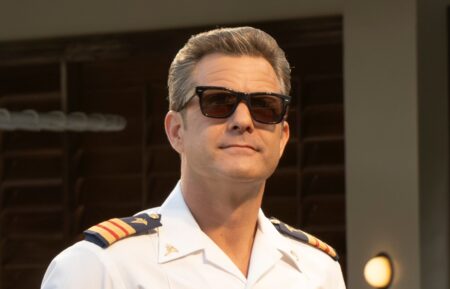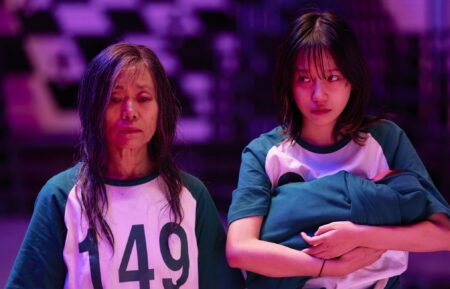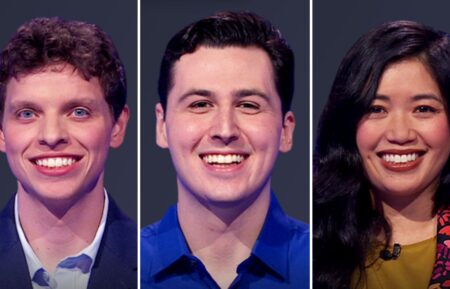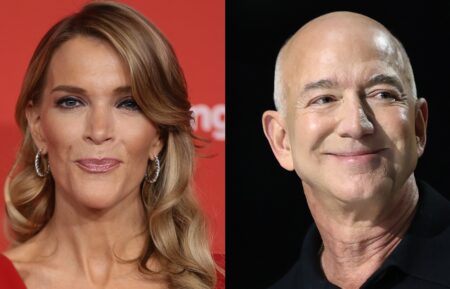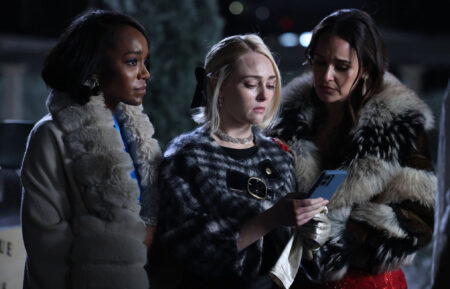Meet the Next ‘Morning’ Man: John Dickerson
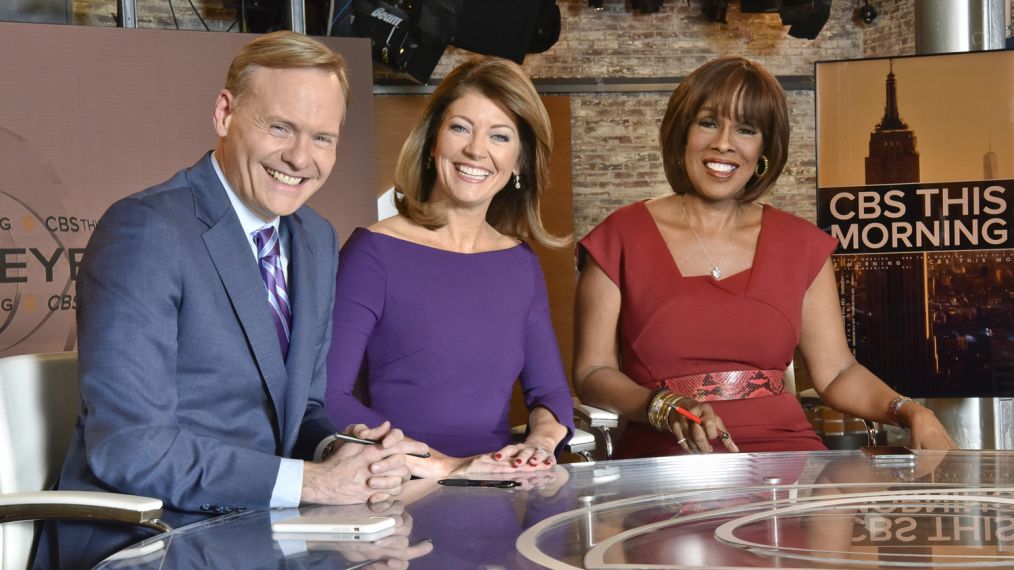
Q&A
There’s history behind John Dickerson’s new job as cohost of CBS This Morning. On the show’s studio wall hangs a photo of his late mother, Nancy Dickerson, CBS’s first female correspondent, in 1960. (She was also a producer of Face the Nation, the Sunday news show that her son is leaving in a few weeks; a rotating series of hosts will appear until the job is filled permanently.) Dickerson replaces Charlie Rose, who was fired in November for alleged sexual misconduct, and joins Gayle King and Norah O’Donnell at the table.
You’re giving up Face the Nation, often the No. 1 Sunday-morning news show in total viewers, for CBS This Morning. Why?
Mostly because of the range of topics we tackle every day on This Morning. I get to keep covering politics, plus all the other stuff that’s going on in America right now. It’s waking up, looking at the paper and saying, “Here’s an interesting story. Let’s talk to somebody who knows about that.” That’s what’s so fun about this.
There’s a lot of sensitivity these days regarding interactions between men and women. How would you describe the collaboration between you and your cohosts?
I’ve worked with Norah and Gayle a lot over the years. We did CBS’s coverage of the presidential debates together so we already have a great bantering, collaborative conversation. It’s the way I’ve collaborated with colleagues my entire career. It feels like a fascinating conversation you would have with your smartest friends at a dinner party. I think that’s what the audience wants.
Describe Gayle and Norah in three words.
I’d use the same words for both of them. First is curious. They are both curious about the same things, but in different ways and from different angles. Two is passionate. I see how they really want to get a question in during a discussion. Lastly, intensity. There’s an urgency to their curiosity, especially if you give them answers that are not fulfilling.
Has the public’s charge of political bias in news changed the way you approach the job?
It has posed a couple of challenges. Everybody has to be very careful about what they do. People are highly skeptical, as they always should’ve been, but they are cynical now as well. We all have to be really, really careful not to feed that cynicism. We must make sure we’re being fair, putting things in context. We have to recognize that we’re not the story.
Your mother was a famous journalist. Did you always want to follow in her footsteps?
No, I thought I would be an English teacher or go to law school. But I went to work [at media company Time Inc.] and started hanging out with investigative journalists and became fascinated with the idea of being able to tell stories with the urgency of a news story but using the techniques of literature. That’s how I got started in journalism.
How badly do you want to whip your competitors?
I’m extremely competitive, so….I want to do the best show that we can do given the values that are at our center. If we stay true to that, we’ll do just fine.
CBS This Morning, Weekdays, 7am, CBS
From TV Guide Magazine
How 'Countdown' Recruited Jensen Ackles to Go Full 'Die Hard'
Countdown boss Derek Haas talks creating the character around Ackles, and the cast teases the “Avengers”-like team of the crime thriller. Read the story now on TV Insider.

